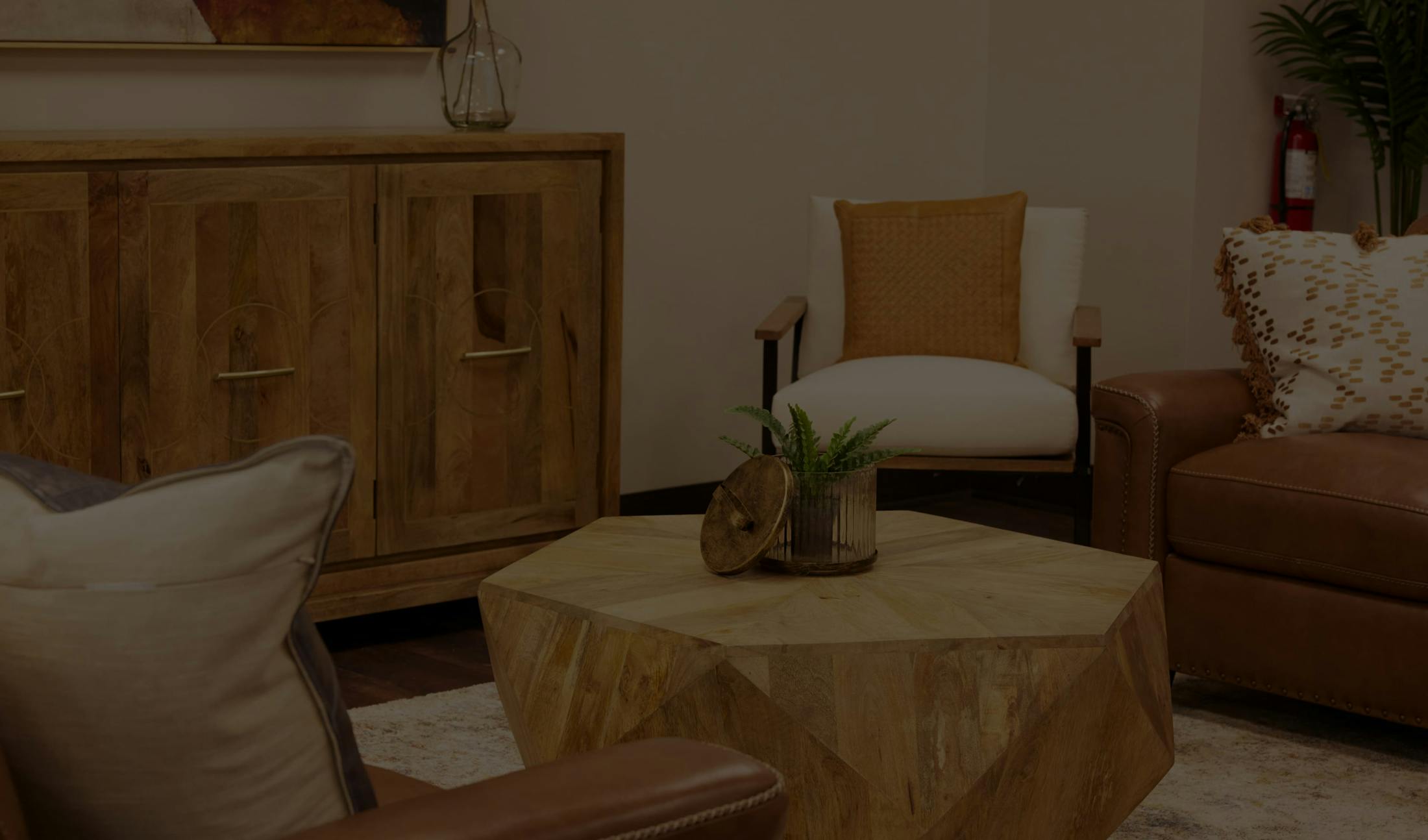Why is Visitor Status Important in a Premises Liability Case?
A premises liability claims differ from the negligence theory that is common with most civil claims. Instead of proving that the property owner negligently caused an injury, a successful claimant and their local attorney must establish that owner or occupier failed to take reasonable steps to address a dangerous hazard on their property.
Much like with a standard negligence case, a claimant must show the owner or occupier of the property owed them a duty of care. However, that duty differs depending on the claimant’s relationship with the property. Specifically, the duty hinges on whether the claimant was an invitee, licensee, or trespasser.
Invitees
Invitees enjoy the highest degree of protection under the law. These visitors enter the property with express or implied permission for the benefit of the owner or occupier. Property owners must not only advise invitees of hazards on the premises, they must also take reasonable steps to rectify these hazards.
Licensees
Licensees are also invited onto the premises, but for different purposes. A licensee is an individual that enters property for their own reasons. The most common example involves an invited social guest. Property owners are required to notify these guests of potentially dangerous hazards.
Trespassers
Unlike a licensee or an invitee, a trespasser does not have permission to be on the property of another person. Most of the time, property owners have no duty to these individuals. The important exception involves claims of intentional injury.





